|
#5
|
The STATE of ALL the CAPITALS
in all the SOCIO-ENVIRO-ECONOMIC SYSTEM
|
|
|
ALL THE CAPITALS
|
SOCIAL
CAPITAL

SOCIO
|
ENVIRONMENTAL
CAPITAL

ENVIRO
|
ECONOMIC
CAPITAL
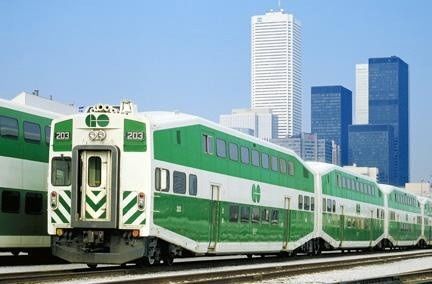
ECONOMIC
|
SOCIAL CAPITAL
THE STATE OF SOCIETY
|
|
FIVE KEY SEGMENTS OF SOCIAL CAPITAL
|
HUMAN
CAPITAL
|
RELATIONSHIP
CAPITAL
|
LOCATIONAL
CAPITAL
|
CULTURAL
CAPITAL
|
SPIRITUAL
CAPITAL
|
Individual

The basis for everything
that is important ...
|
Relationahip / Family

The family a critical part
of the social structure
|
Place / Community
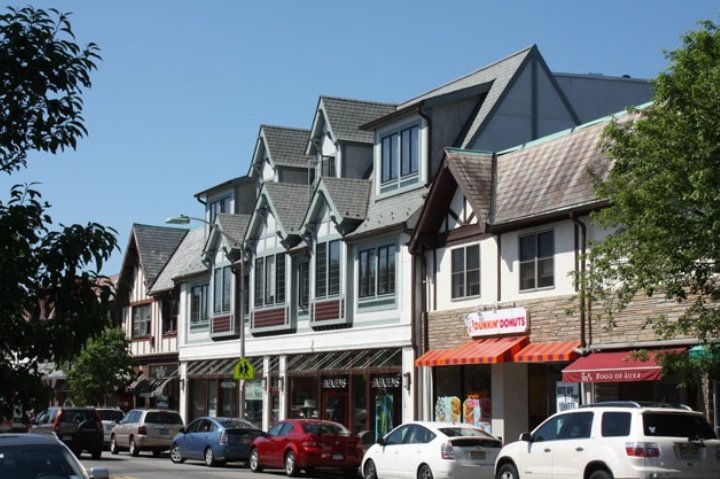
The place factors into
quality of life
|
Culture / Art

Visual art ... and also song,
and dance and drama and ...
|
Spiritual / Church

Church of England
York Minster
|
- Human Capital ... Reflects quality of life at the individual level
Past: Value emerging from childhood, parenting, education, healthcare, family and friends, experience ...
Present: Current situation, job and earnings, family and friends, housing, health, wealth, etc. ...
Future: How well prepared. Possibilities in the place ... beyond the place. Macroeconomic trends. Leadership behavior.
Relationship Capital ... brings in family, friends, connections
The relationships associated with family, friends and connections magnifies or diminishes human capital.
A good idea that is never shared has no value, but the network effect of many connections may make it valuable.
Locational Capital ... adjusts for the attributes of the place (country, city, etc.)
The place really matters.
Human capital is augmented by a high potential place and is diminished by a low performance place.
A really smart place is not driven by technology but by strategy where the potential of people is well understood and used to good effect.
Cultural Capital ... the things that makes life worth living
The history and traditions
Music and dance
Drama, art, etc.
Spiritual Capital ... Has been important for millenia
The meaning of life ... creation
The worlds great religions: Bhuddism, Christianity, Confucianism, Hinduism, Islam, Judaism.
|
ENVIRONMENTAL CAPITAL
NATURE / SOURCE OF ALL VALUE
|
|
MANY SEGMENTS OF NATURAL CAPITAL
|
SUN

|
LAND

|
WATER

|
AIR

|
RESOURCES

|
BIODIVERSITY

|
ECOSYSTEMS

|
|
SUN
|

|

|

|
The sun is the source of all the energy that enables everything on planet earth.
|
|
LAND
|

|
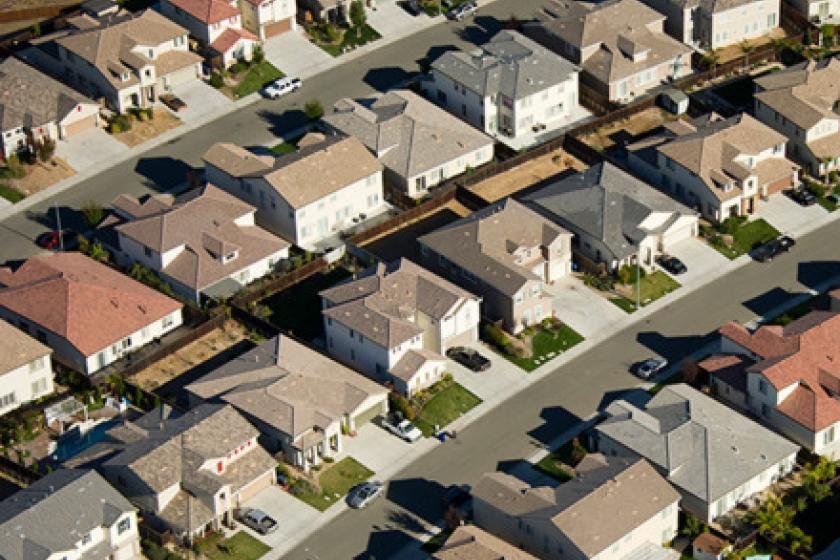
|

|
There is a limited amount of land on the planet. Land is one of the key planetary limits. It is vital that land is used in a sustainable manner rather than being degraded in the interest of unsustainable economic performance.
|
|
WATER
|
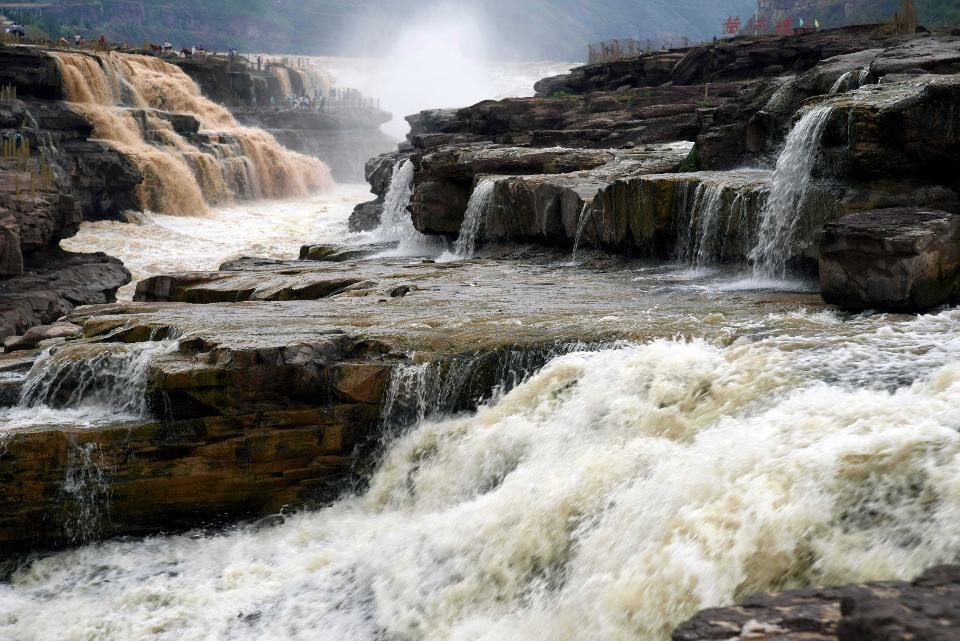
|

|

|
Without water, life as we know it cannot exist. In conventional economics, water is undervalued because for a big part of history it has been abundant and easily accessed. This is changing and water must now be valued more appropriately.
|
|
AIR
|

|
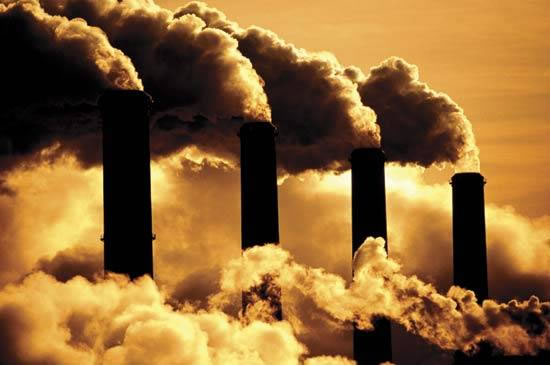
|

|
Clean air is good for human health as well as fauna and flora. Many steps have been taken to reduce the problem of air pollution that we can see, but not enough for the air pollution like CO2 that we cannot see, yet still dangerous.
|
|
RESOURCES
|

|

|

|
Natural resources have helped power the industrial revolution and enabled massive improvements in quality of life, but there are limits because of both depletion and egradation of natural capital. Better use of resources is essential.
|
|
BIODIVERSITY
|

|

|

|
Biodiversity is important. Humankind has emerged over millions of years as a result of massive biodiversity and complex evolution. The future of life depends on the continuing health of the biosphere in all its manifestations.
|
|
ECOSYSTEMS
|

|

|
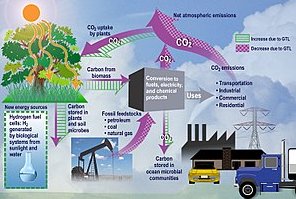
|
There is genius in the way ecosystems have evolved over millions of years to stabilize natural systems in a way that has enabled life as we know it. We should be concerned that in the past 200 years this stability is being compromised.
|
- Nature is the source of ALL value
- To improve quality of life, nature has been exploited, depleted and degraded.
- Nature is rapidly degrading but ignored in conventional financial and economic analysis.
- This is NOT sustainable.
|
ECONOMIC CAPITAL
ECONOMY ... ACTIVITY CREATING VALUE FOR SOCIETY
|
|
THREE MAIN SEGMENTS OF ECONOMIC CAPITAL
|
FINANCIAL
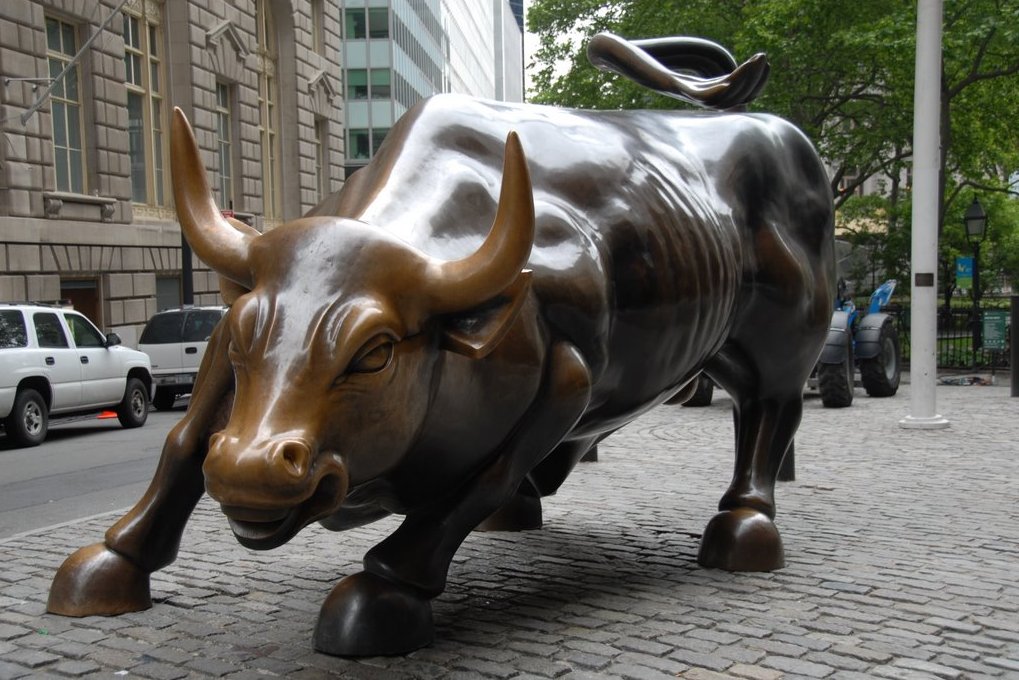
Adding to wealth is dominant goal ...
|
PHYSICAL
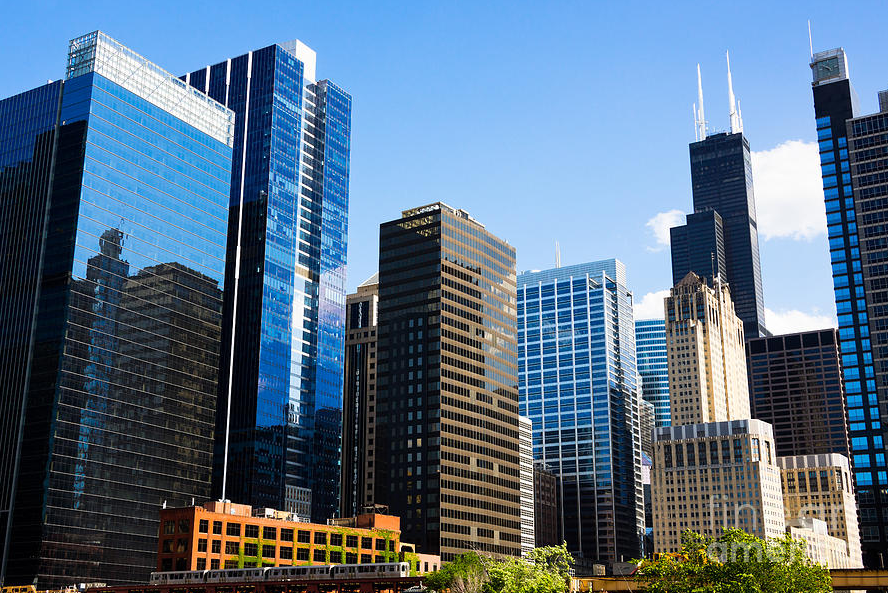
Tangible physical structures ...
|
INTANGIBLE

Important elements for quality of life ...
|
FINANCIAL CAPITAL
THE FINANCIAL ECONOMY
|
GDP GROWTH

|
CORPORATE PROFITS
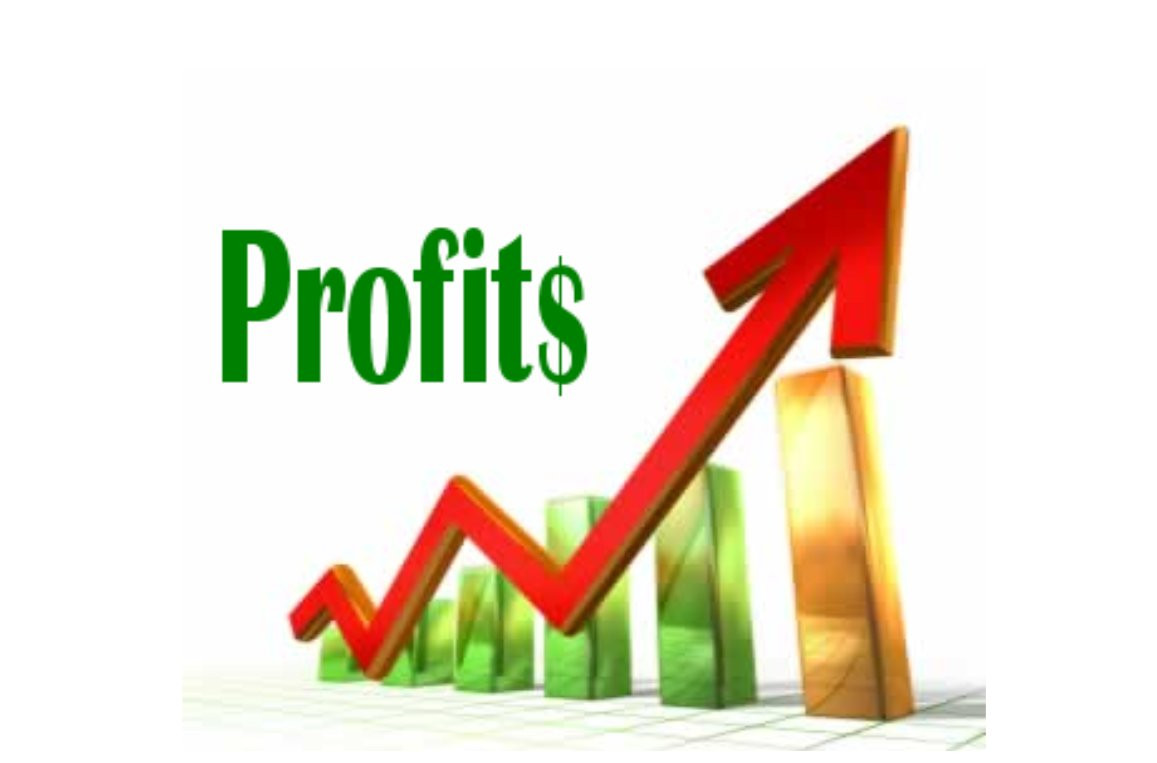
|
CAPITAL MARKETS
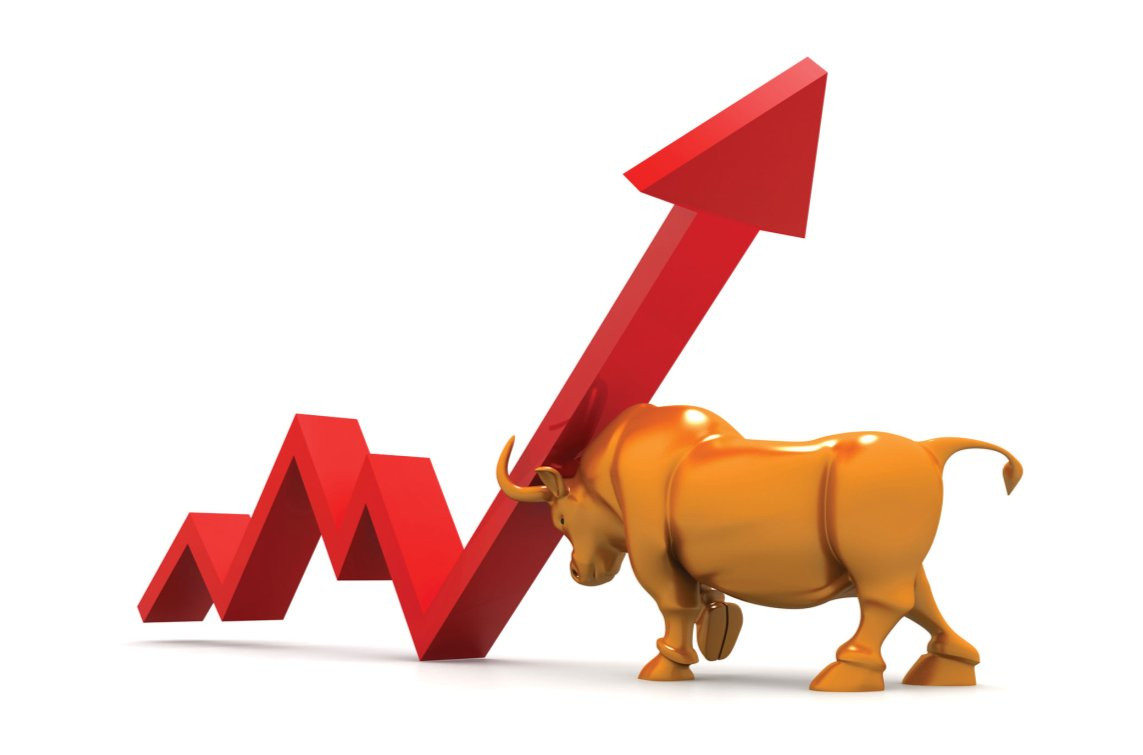
|
|
In modern times, the dominant economic metrics have been GDP growth, corporate profit growth and stock market wealth. Management metrics have been aligned to these same goals, and have been very effective. TrueValueMetrics seeks to enhance accountancy to include Social Impact and Environmental Impact.
|
FINANCIALIZATION HAS BEEN GOOD FOR OWNERS
BUT NOT SO MUCH FOR MOST OF THE WORKING MIDDLE CLASS
|
STOCKS UP

Stock market has been spectacular
|
WAGES FLAT
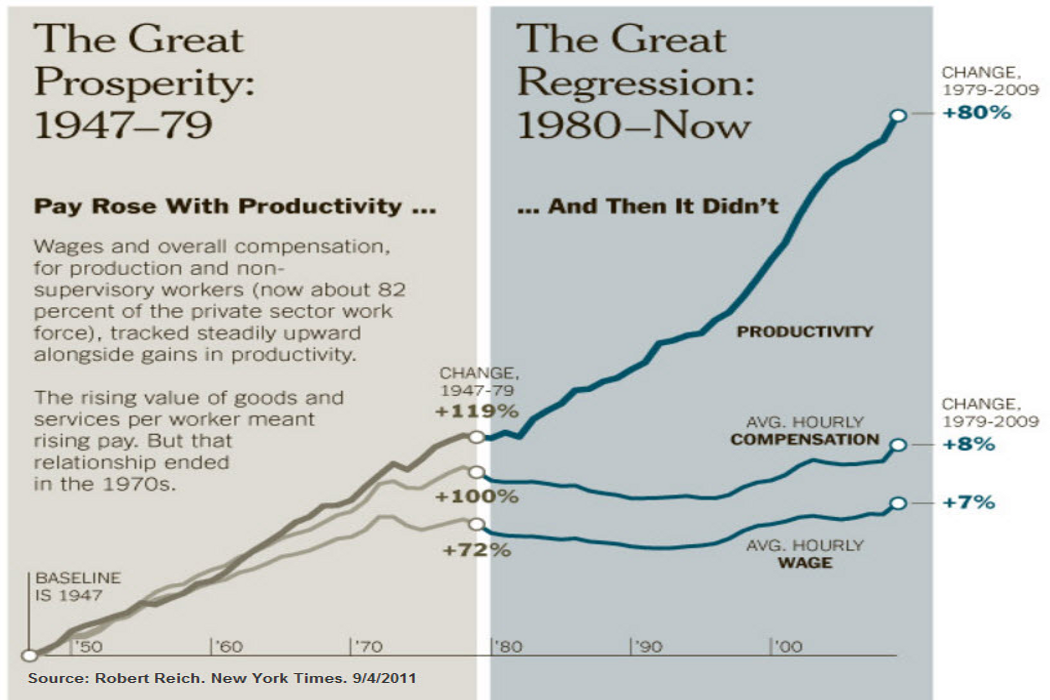
and wages flatlining while productivity grows.
|
GDP growing / GPI flat

While GDP is up, progress (GPI) is flat
|
|
AND NEGATIVE IMPACT ON NATURAL CAPITAL HAS BEEN IGNORED
|
RESOURCE
DEPLETION

Mining for natural resources
|
ENVIRONMENTAL
DEGRADATION

Deforestation for commercial agriculture
|
CLIMATE
INSTABILITY

Catastrophic costs
|
PHYSICAL CAPITAL
THE PHYSICAL (REAL) ECONOMY
|
LAND & BUILDINGS

|
INFRASTRUCTURE

|
PROCESSES
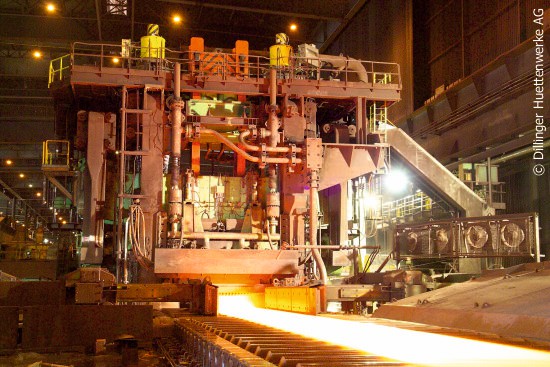
|
EQUIPMENT

|
WORKING CAPITAL

|
- Modern engineering and technology is deployed and exploited to improve profit performance.
- Rather little technology is deployed to make society and the world a better place.
- The modern 'real' economy is pretty amazing, but not so much in the news (Western news, that is).
- Many of the more amazing things are going on in the Middle East (e.g. Dubai) and Far East (China).
|
|
LAND AND BUILDINGS
|
COMMERCIAL
 FARMLAND
FARMLAND

|
HOTEL
 APARTMENTS
APARTMENTS

|
ROW HOUSES
 SUBURBAN
SUBURBAN

|
Buildings represent a big part of the physical economy, and are a big part of life. They have a long life and require a substantial amount of materials to build. They are where people live their lives. Buildings have impact on the environment during construction and again during their life because of operational energy use.
|
|
INFRASTRUCTURE
|
BRIDGES
 ROAD
ROAD

|
RAIL
 PORTS
PORTS

|
WATER
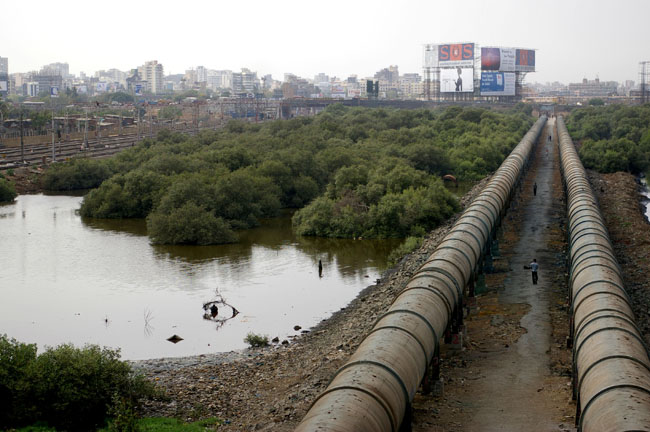 TELECOM
TELECOM

|
Infrastructure makes a big difference to a place. The lack of infrastructure is one of the root causes of poverty in a place. Infrastructure has substantial cost to build, but long life means that infrastructure benefits accrue over a long time. The question of pubic or private ownership of infrastructure is an important ongoing debate.
|
|
MINING AND MANUFACTURING PROCESSES
|
MINING I
 MINING II
MINING II

|
IRON & STEEL
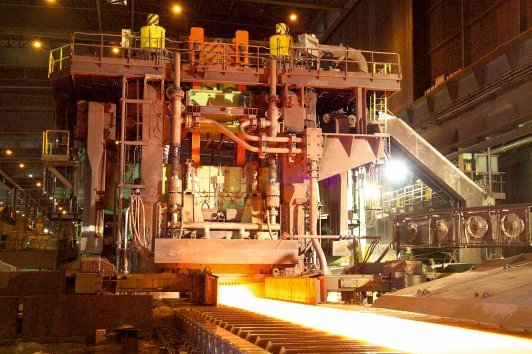 CONCRETE
CONCRETE

|
PETROCHEMICALS
 PULP & PAPER
PULP & PAPER

|
Processes make products which are needed to satisfy the needs of people ... but the social and environmental efficiency of processes is not accounted for effectively. Business understands the profit performance of processes, but without better metrics, social and environmental improvement get ignored.
|
|
MACHINERY, EQUIPMENT & VEHICLES
|
SHIPS
 AIRCRAFT
AIRCRAFT

|
BUSES
 AUTOMATION
AUTOMATION

|
MINING
 OIL & GAS
OIL & GAS

|
The performance of machinery, equipment and vehicles has progressed enormously over the last century. Human brawn is no longer an important part of the production process, rather it is the machine that gets the work done. In the future is is not only going to be the brawn of the machine but also the brain of the machine. The challenge is to make this a benefit to society, the environment and the economy.
|
|
PRODUCTS / WORKING CAPITAL
|
SHIPPING
 TRUCKING
TRUCKING
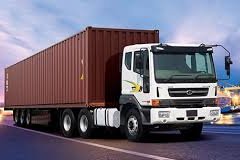
|
FULFILLMENT
 WAREHOUSE
WAREHOUSE
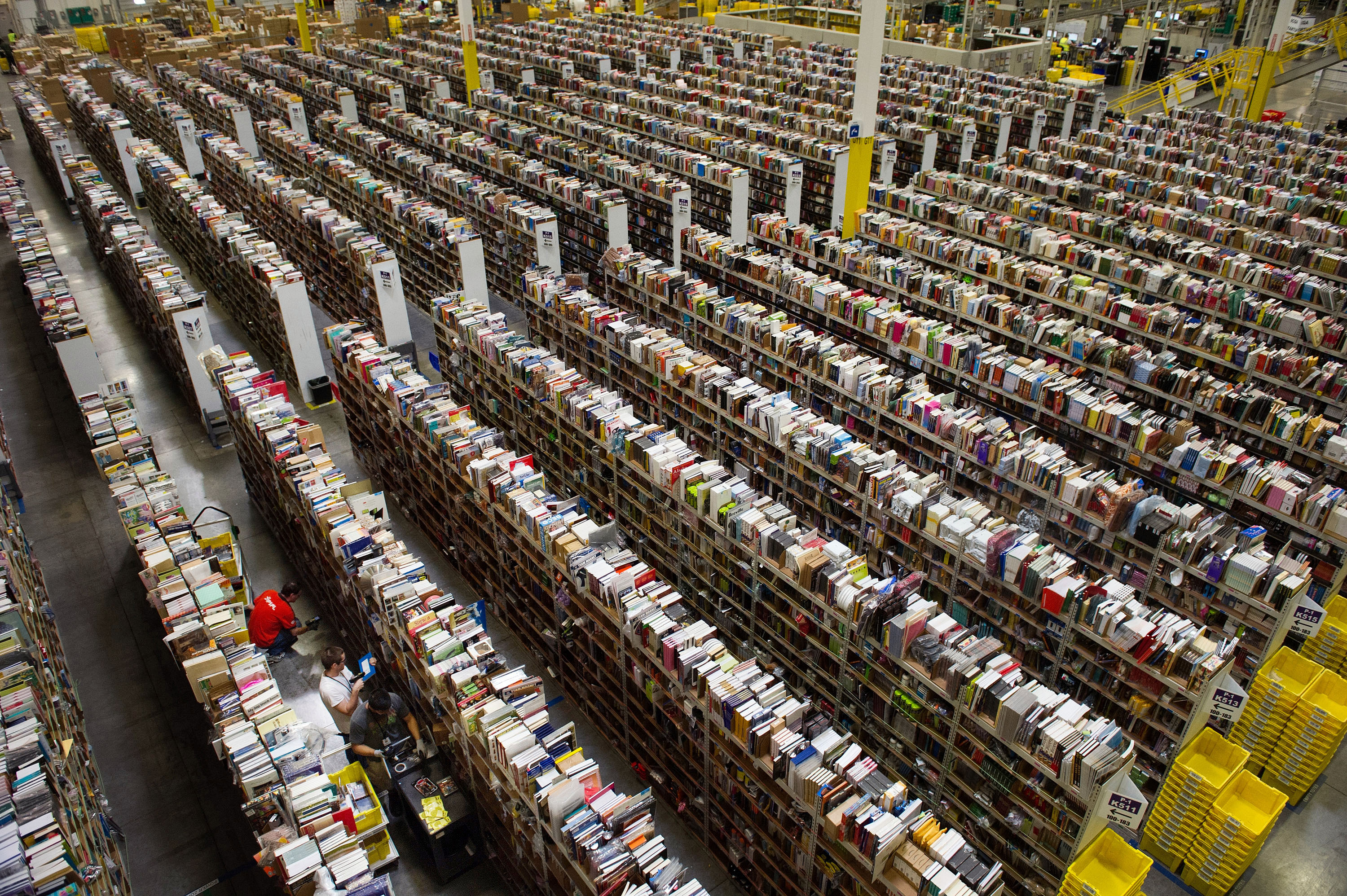
|
RETAIL
 E-COMMERCE
E-COMMERCE

|
Working capital is a vital component in the economy enabling the efficient function of essential organizations. Technology has enabled substantial improvement in the operation of the supply chain and indeed has made possible global logistics that have become a key part of the modern economy.
|
INTANGIBLE CAPITAL
THE INTANGIBLE ECONOMY
|
|
Some of the things that make life worth living
|
|
KNOWLEDGE CAPITAL
|
INSTITUTIONAL CAPITAL
|
CULTURAL CAPITAL
|
KNOWLEDGE

|
EDUCATION
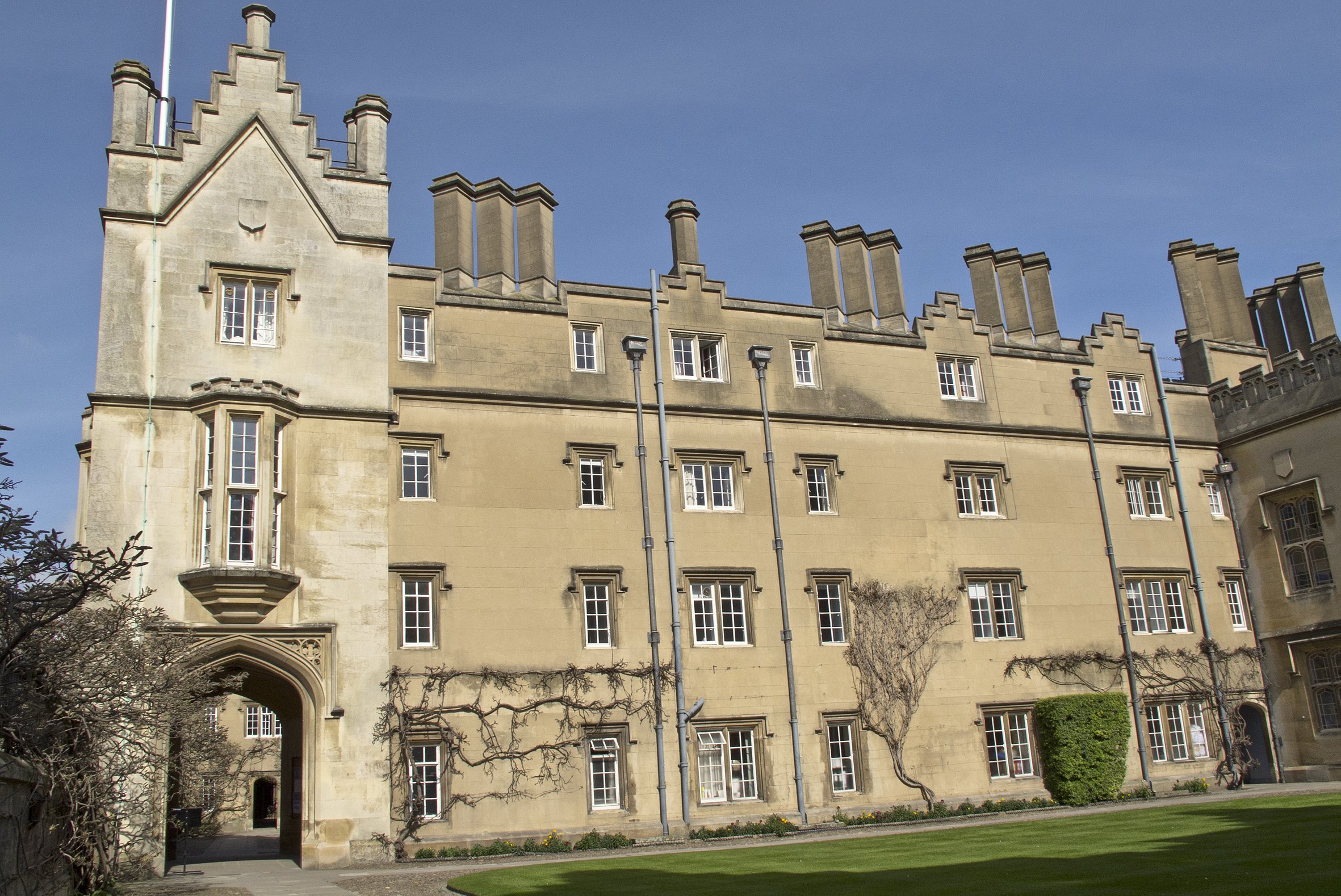
|
GOVERNMENT
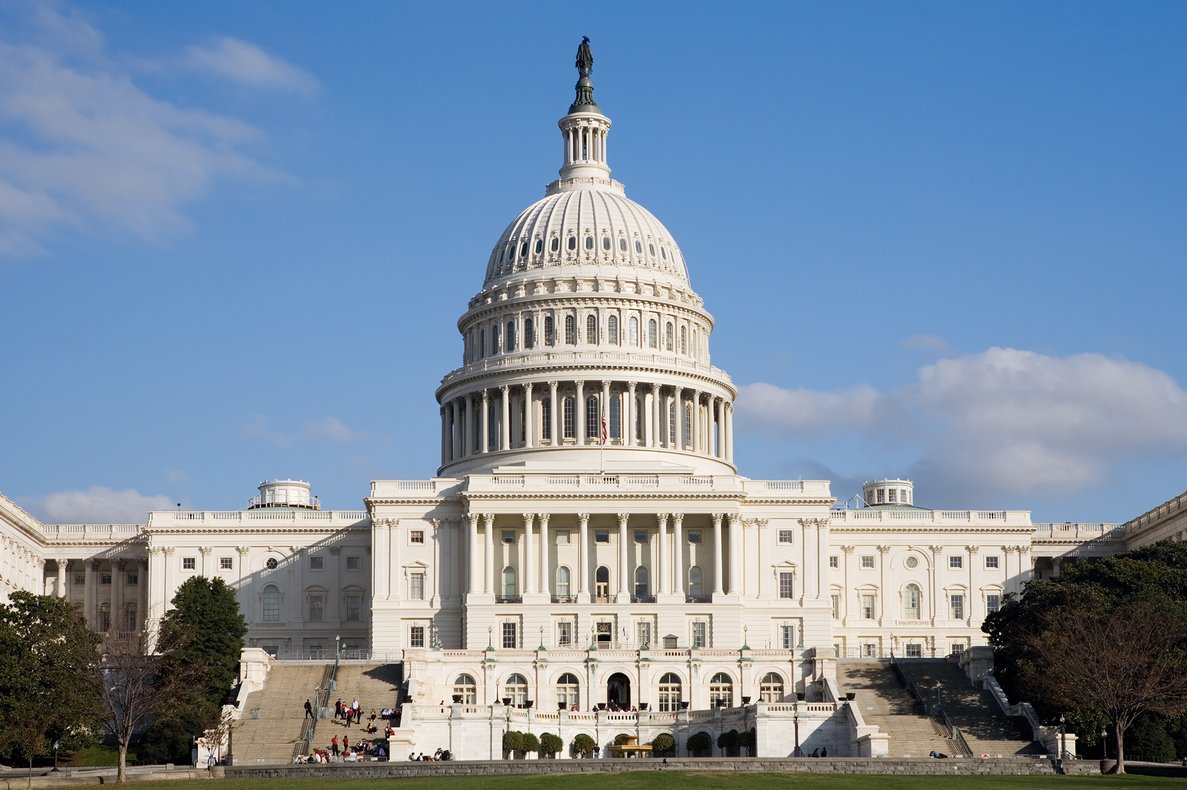
|
SECURITY

|
CULTURE
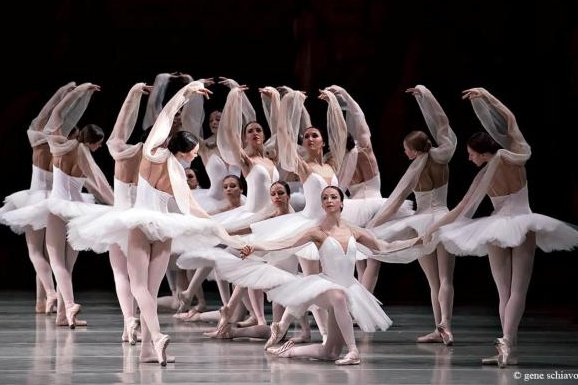
|
RELIGION
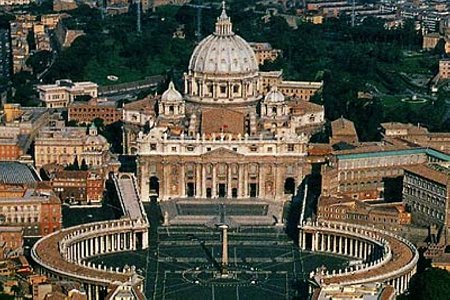
|
|
KNOWLEDGE CAPITAL
|
|
EDUCATION / RESEARCH / TECHNOLOGY
|
KNOWLEDGE
Albert Einstein

EDUCATION
Cambridge

|
BIO-TECH
Genetic code / DNA
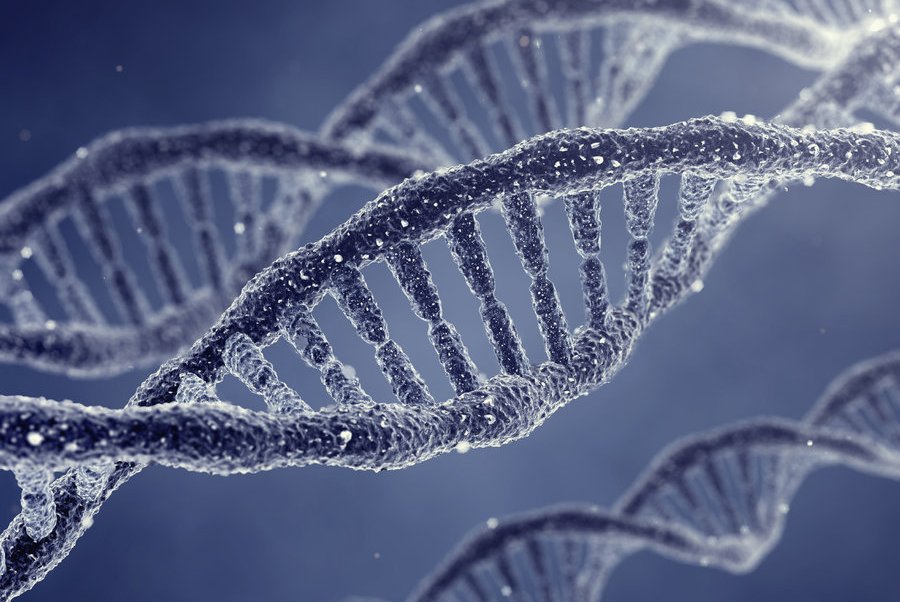
AUTOMATION
Auto Assembly

|
DIGITAL TECH
Quantum Computing

AEROSPACE
Space Shuttle

|
It is human imagination that makes knowledge possible. Humankind now has more easy access to knowledge than at any time in history in all sorts of fields. This knowledge has the potential for both good and bad ... nuclear power or nuclear bombs ... digital distribution of news or dangerous misinformation ... cures for disease or biological warfare ... and so on. There are huge possibilities if well used.
|
|
INSTITUTIONAL CAPITAL
|
|
GOVERNANCE / RULE OF LAW / ORGANIZATIONS
|
Legislation
 Companies
Companies

|
Police
 Courts
Courts

|
Military
 Accounting
Accounting

|
The challenge of ordering society in an effective way has been in play for a very long time, and getting this right continues to be a subject of great debate. What is clear is that when the enabling environment of governance, rule of law and organizations becomes dysfunctional, quality of life rapidly degenerates and the system won't work.
|
|
CULTURAL CAPITAL
|
|
MUSIC and ARTS / RECREATION / RELIGION
|
Music
 Drama
Drama

|
Opera
 Dance
Dance

|
Religion
 History
History

|
Cultural capital comprises all sorts of activities that give pleasure and make life worth living. They nourish the soul. Culture is not a core part of conventional economic and financial analysis, but it should be because it is such an important component of quality of life. To have a sustainable world there is a need for less materialism, and more cultural activity.
|
|






















































 FARMLAND
FARMLAND

 APARTMENTS
APARTMENTS

 SUBURBAN
SUBURBAN

 ROAD
ROAD

 PORTS
PORTS

 TELECOM
TELECOM

 MINING II
MINING II

 CONCRETE
CONCRETE

 PULP & PAPER
PULP & PAPER

 AIRCRAFT
AIRCRAFT

 AUTOMATION
AUTOMATION

 OIL & GAS
OIL & GAS

 TRUCKING
TRUCKING

 WAREHOUSE
WAREHOUSE

 E-COMMERCE
E-COMMERCE











 Companies
Companies

 Courts
Courts

 Accounting
Accounting

 Drama
Drama

 Dance
Dance

 History
History
